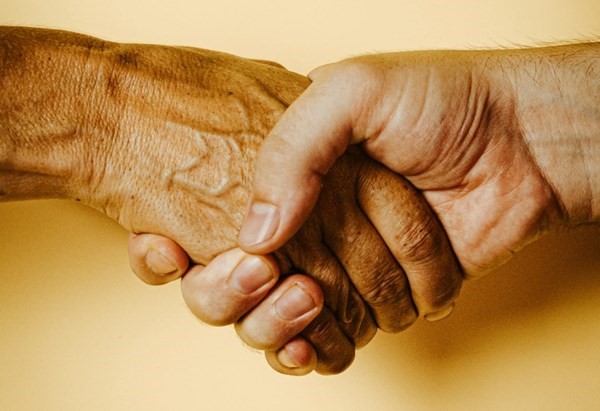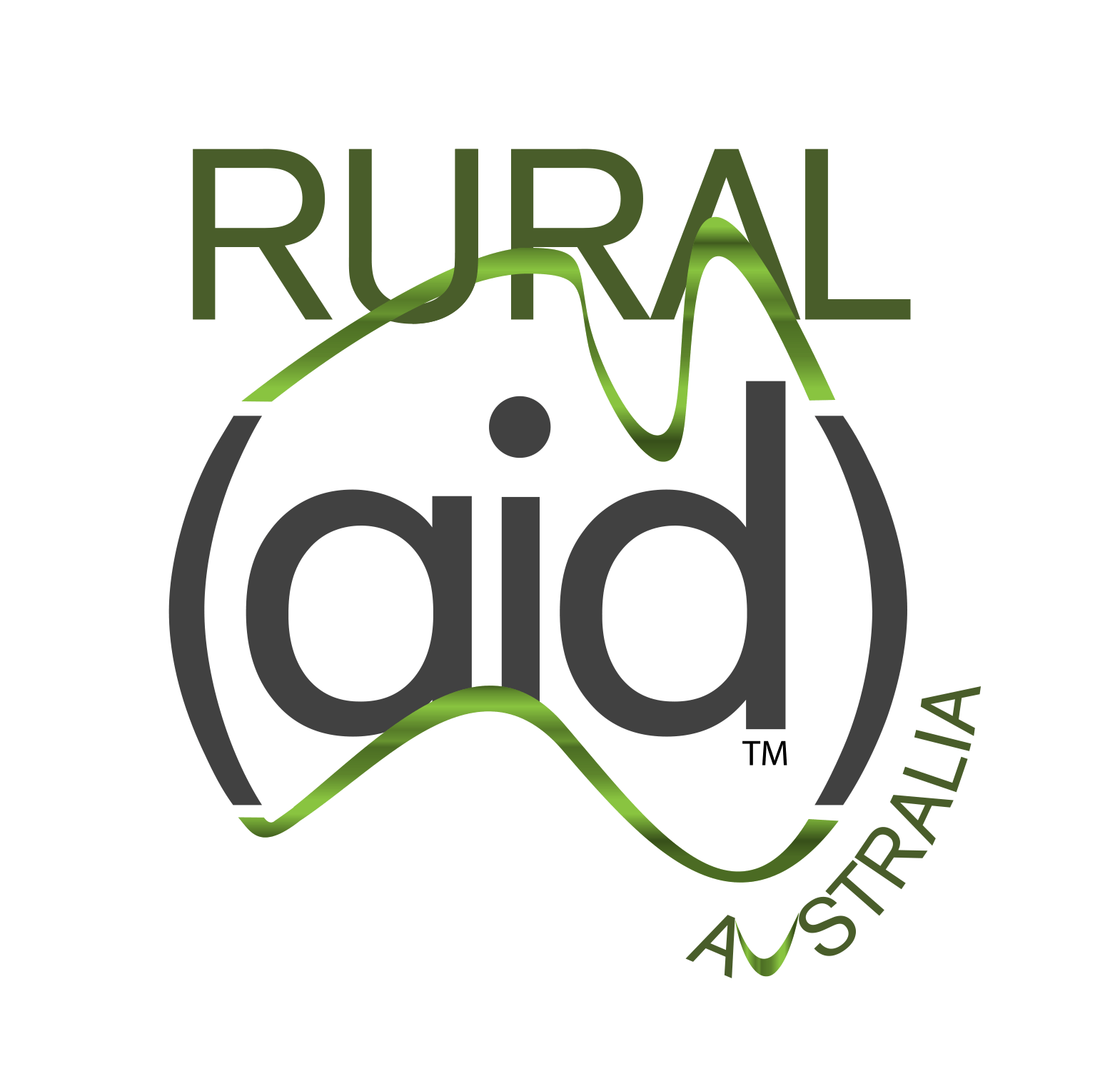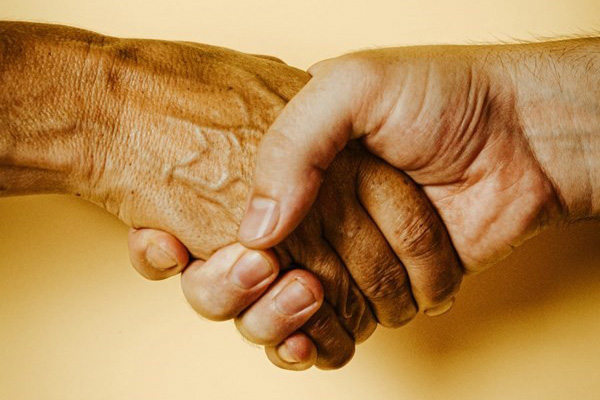Coping with “Anniversary Reaction”
From the desk of Kelly Hoad
Rural Aid Mental Health and Wellbeing Team Leader

The anniversary of any traumatic event can be a difficult time. With this year signaling 2 years since the Black Summer Bushfires, 11 years since the Queensland Floods and 13 years since Black Saturday, people may experience what is sometimes referred to as an ‘anniversary reaction’. An anniversary reaction can involve renewed feelings of grief or anxiety on or around the date of the traumatic event.
As with any response to trauma, each individual reacts in their own way. There is no right or wrong way to respond to an anniversary, just as there is no right or wrong way to respond to the disaster itself. In fact, sometimes our thoughts, feelings and even our body’s themselves will react without warning. As with any triggering event, being mindful that an anniversary may trigger a response to the trauma, even many years later, can help us to prepare for the responses we may experience.
Psychological reactions may include a renewed fear and anxiety about the future, nightmares or reoccurring thoughts about the event, irritability and anger or a sense of sadness and loss. Physical reactions could include changes in eating patterns, headaches or back and stomach pain, difficulty sleeping or an increased use of alcohol and drugs.
Below are some tips for coping if you find yourself experiencing any of the above symptoms:
- Talk about it with others. Friends, family or other community members. You may be surprised that other people are feeling the same way that you are.
- Take care of yourself. Get plenty of rest and maintain a healthy diet.
- Limit exposure to images of the disaster. You may find there are more news articles on these events due to the anniversary.
- Find time for activities you enjoy (even if only for a few moments a day). Listen to a podcast, read a chapter of your favourite book or watch an episode of your favorite TV show.
- Avoid drugs and excessive drinking. Drugs and alcohol may temporarily seem to remove stress, but in the long run they generally create additional problems that can compound the stress you are already feeling.
- Ask for help when you need it. There are many confidential professional services that can provide support through challenging times.

Services:
Rural Aid Mental Health and Wellbeing Team https://www.ruralaid.org.au/counsellors/support
Beyond Blue https://www.beyondblue.org.au/

